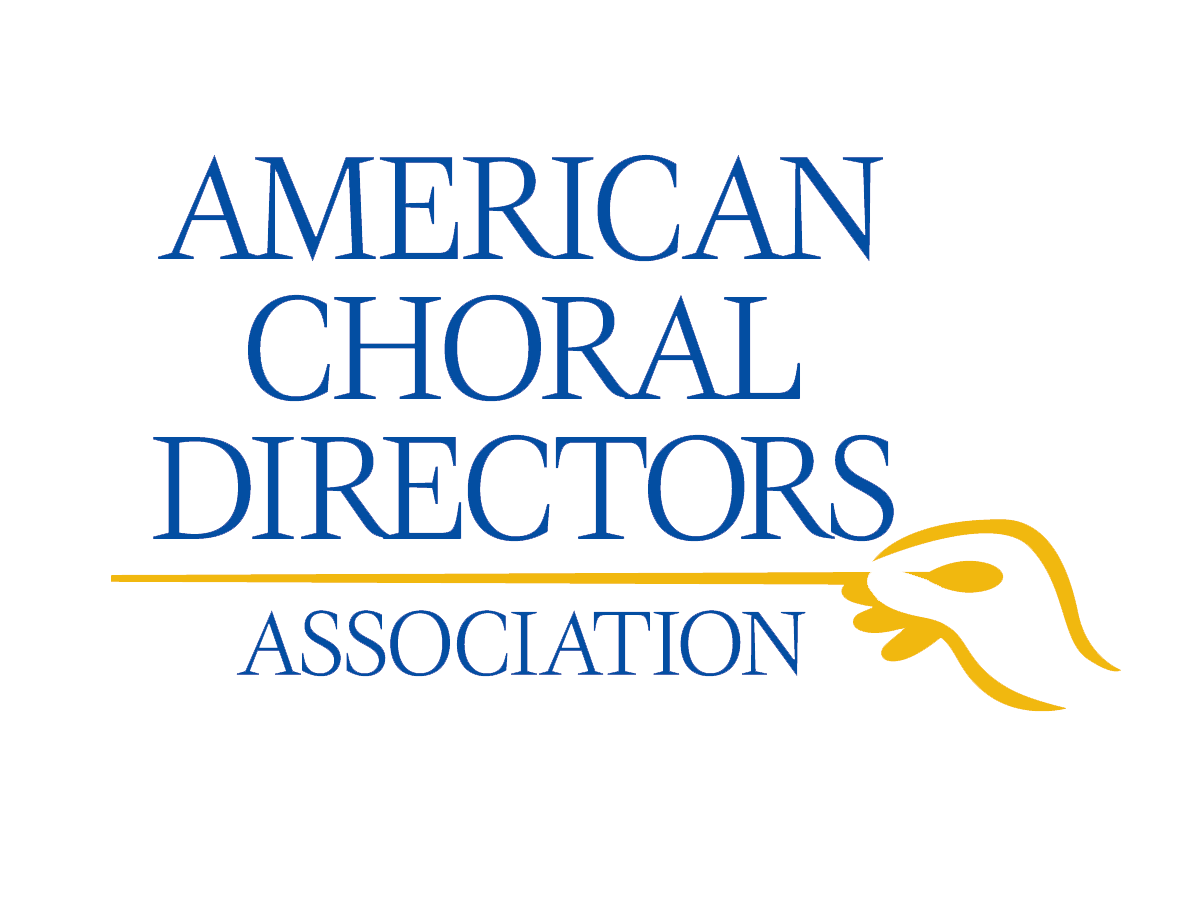It was our goal to provide a choral music experience to better understand the potential impacts of choral singing for adult survivors of childhood trauma.
IJRCS
Knowledge Practices: Changing Perceptions and Pedagogies in Choral Music Education
Facilitating Musical Expression in School Choirs: Honoring Individuality, Seeking Unity
The Effects of Computerized Feedback onSight-Singing Achievement
Abstract The purpose of this quantitative study was to examine the effects of computerized visual feedback provided by the SmartMusic interface on the sight-singing achievement of choristers (n = 77) from two suburban high schools. Using a matched group design, participants were assigned one of three groups: those who viewed feedback following their initial attempt, […]
Self-Efficacy and Achievement among Secondary School Vocalists: An Exploratory Study
The purpose of this study was to investigate music performance self-efficacy and achievement among secondary school choral music students. I specifically examined the relationships between the four sources of self-efficacy (enactive mastery experience, vicarious experience, verbal/social persuasion, and physiological and affective state) and the composite construct, as well as years of private lessons and practice […]
“Sing, sit, and leave”: Engagement and Disillusionment in a High School Chorus
This study provides insight into why students leave voluntary school choral experiences, through an analysis of interviews with four high school students at a single New York City high school who left, or were considering leaving, their high school choral program. This study provides a voice often unheard in the research literature, since many research […]


